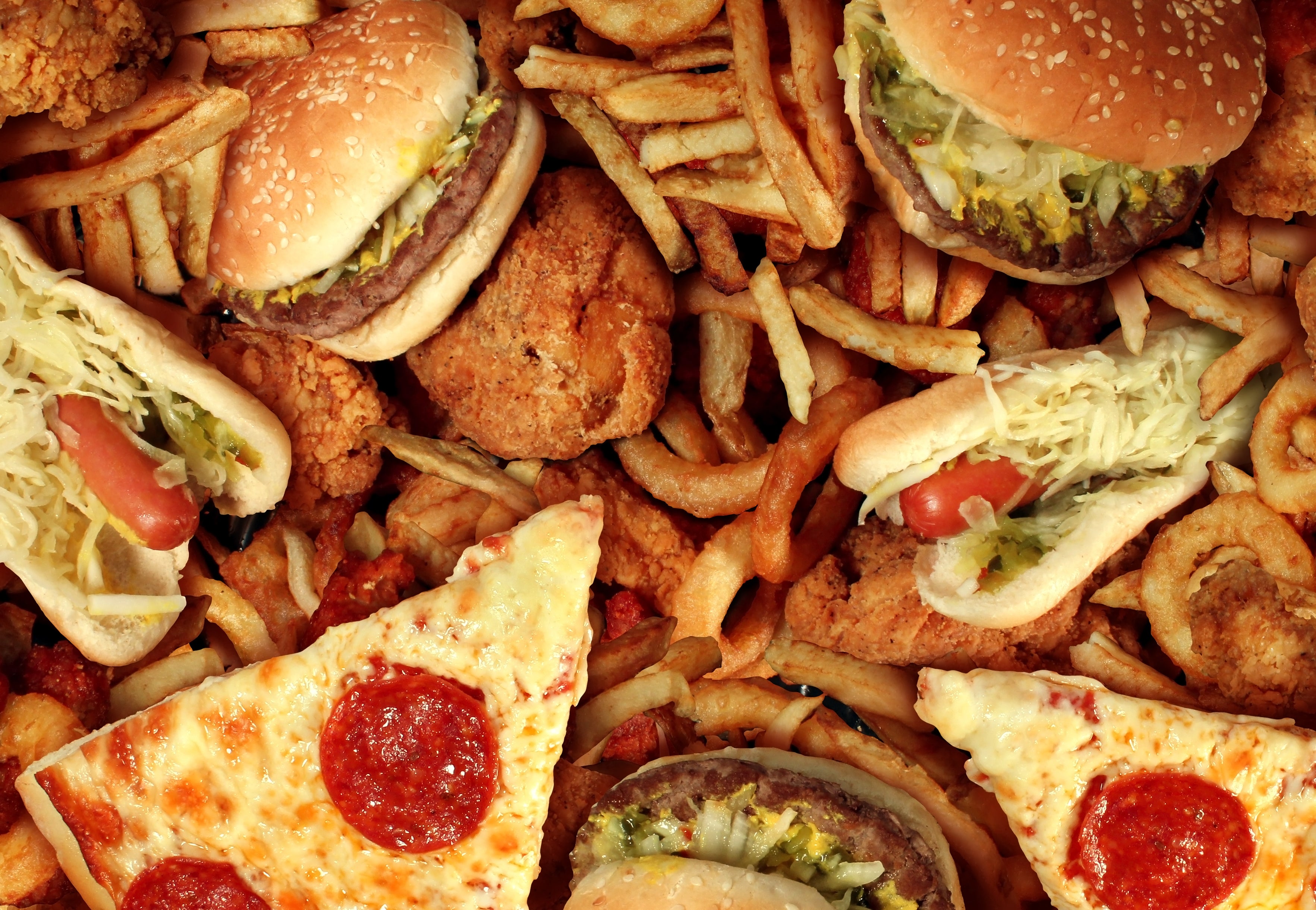Ignorance is not the reason why so many people reject a balanced diet
New research makes clear that low-income families have the knowledge about good quality food and nutrition, but lack the resources to purchase it, writes Ian Hamilton


Many of us are guilty of knowing what we need to do to be healthy but failing to do it, including eating a balanced diet.
This is not a choice all of us enjoy, however. Healthier foods, including fruit and vegetables, can cost more than less nutritious options, which often go further and last longer. It means that accessing healthy meals can be a challenge for low-income households.
As if this weren’t bad enough, a troubling narrative has taken hold in recent years, suggesting that all we have to do is “educate” the poor about their ill-informed diet. Once they see the error of their ways, the argument goes, they’ll make the right choice.
New research challenges this myth of “ignorance” among poorer households. It makes clear that these families have the knowledge about good quality food and nutrition, but lack the resources to purchase it.
The research, based on more than 600 participants, concludes that “lower income households and those living with food insecurity struggle to afford a level of fruit and vegetable consumption that approaches public health guidance for maintaining a healthy diet, despite high awareness of the constituents of a healthy diet”.
So there you have it: these families are aware of the problems that access and affordability of highly processed foods have on their health – yet another commonly held myth dispelled by evidence.
If you live in a neighbourhood where fast-food outlets dominate provision and greengrocers or fresh food markets are rare, this kind of “healthy food desert” has a significant influence on your diet. The same goes for major supermarket stores, which usually offer a better choice of products than local shops. Unfortunately, they are often found on the perimeter of towns and cities, requiring a car to get to. People in poverty have little choice over where they live and are subsequently blocked from accessing healthy food choices simply because of their postcode.
Yet the toll of an unhealthy diet is profound. One in ten deaths in the UK are attributed to an inadequate diet, and the problem is estimated to cost the NHS £6bn annually. Poverty is not new, but the acceleration in numbers of those living in it is. The government has not only done little to address the root causes of food insecurity but denied that it is a growing problem, this despite the expansion of food banks and the need for footballer Marcus Rashford to take the lead on trying to provide for those who are routinely skipping meals.
Before the pandemic, 13 per cent of people in the UK experienced food insecurity. This proportion has increased over the last year. It rose to 16 per cent of adults – equivalent to about 7.8 million people – by the summer of 2020, when more people reported skipping meals or reducing the amount they eat because of a lack of money or food.
Unfortunately, the Covid pandemic has amplified inequality, including nutritional inequality. As unemployment continues to rise and disposable income drops, this type of inequality will be experienced by increasing numbers, some for the first time. Indeed, food banks have seen significant growth, driven by political inaction and denial.
Food is a basic for survival, but in 21st-century Britain we have to be more ambitious than simply surviving. The right food is critical for health, education and wellbeing. While our government continues to drag its feet over extending the modest £20-a-week uplift for those on universal credit, it doesn’t seem to have the appetite to improve the chances of those with the least to be able to eat healthily.
We know they have the ability to spend billions on agreeing private sector contracts for services that have sometimes proved to be poor value for money. So if the humane argument doesn’t win political hearts and minds, the economic one should. By ensuring everyone has access to a nutritious diet, the government could yield substantial savings for the NHS, since health and diet are so closely entwined.



Join our commenting forum
Join thought-provoking conversations, follow other Independent readers and see their replies
Comments